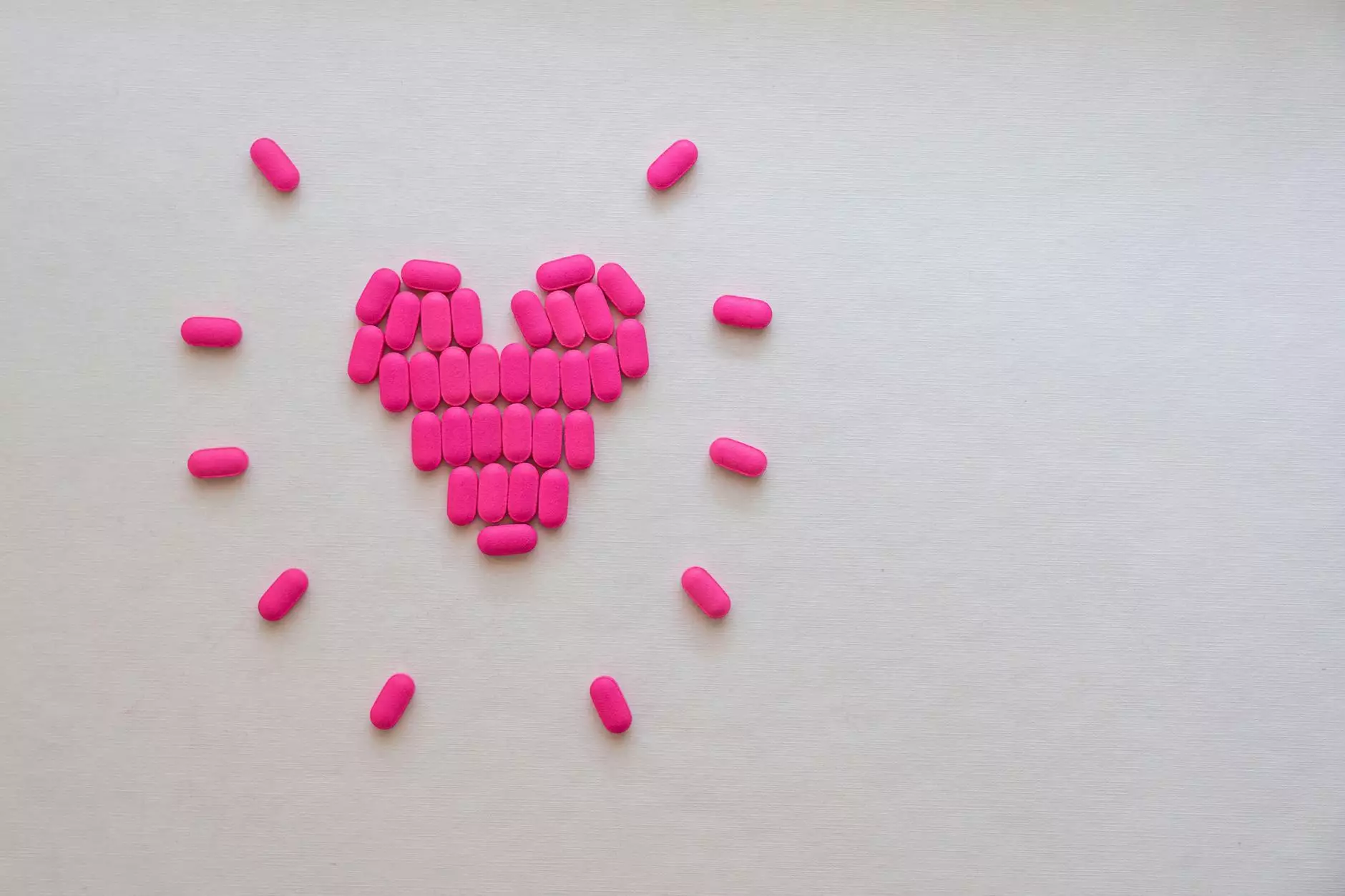Coffee May Be Kind to Your Kidneys
Blog
The Benefits of Coffee on Kidney Health
Coffee lovers, rejoice! Recent research studies have shown that your beloved cup of joe may be more than just a pick-me-up in the morning. In fact, some studies suggest that moderate coffee consumption could potentially have a positive impact on kidney health.
What the Research Says
Several studies have explored the relationship between coffee consumption and kidney health. While more research is still needed, the initial findings are promising. One study published in the American Journal of Kidney Diseases examined over 14,000 individuals and found that those who drank coffee had a lower risk of developing kidney stones compared to non-coffee drinkers.
Additionally, a study conducted by researchers at the Johns Hopkins Bloomberg School of Public Health found that caffeine intake from coffee was associated with a lower risk of end-stage renal disease (ESRD), a severe condition where the kidneys fail to function properly. The study suggested that caffeine's possible protective effect on the kidneys may be attributed to its ability to promote blood flow and reduce inflammation in the kidneys.
The Role of Antioxidants
Coffee is well-known for its rich antioxidant content, which includes compounds such as chlorogenic acid and caffeine. These antioxidants have been shown to have various health benefits, including potential protective effects on the kidneys.
Chlorogenic acid, specifically, has been found to possess anti-inflammatory and antioxidant properties, which may help reduce oxidative stress and inflammation in the kidneys. This could potentially contribute to the overall health and well-being of your kidneys.
How Much Coffee is Beneficial?
Like with many things in life, moderation is key when it comes to reaping the potential benefits of coffee for your kidneys. The studies suggest that consuming 1-2 cups of coffee per day may be associated with a lower risk of kidney-related issues.
However, it's important to remember that individual responses to coffee can vary. Factors such as overall health, existing medical conditions, and personal tolerance to caffeine should be taken into consideration. Consulting with a healthcare professional is always recommended before making any significant changes to your diet or lifestyle.
Other Considerations for Kidney Health
Hydration and Water Intake
While coffee may offer some potential benefits for kidney health, it's important to balance it with adequate hydration. Drinking enough water throughout the day helps maintain proper kidney function and flushes out waste products effectively. Coffee, being a diuretic, can increase urination and potentially contribute to dehydration if consumed excessively.
Therefore, it's crucial to ensure you're staying properly hydrated by drinking additional water alongside your coffee consumption. Striking a balance between coffee enjoyment and water intake is essential for maintaining overall kidney health.
A Balanced Diet for Kidney Health
While coffee may have potential benefits, it should not be considered a solution to all kidney-related issues. Maintaining a balanced diet that includes a variety of nutrient-rich foods is key to supporting overall kidney health.
Foods that are naturally low in sodium, such as fresh fruits, vegetables, whole grains, and lean proteins, can help promote kidney health. Additionally, limiting the intake of processed foods, highly refined sugars, and excessive amounts of salt can also contribute to a healthier lifestyle.
In Conclusion
While the research surrounding the potential benefits of coffee on kidney health is still evolving, there are indications that moderate consumption may have a positive impact. Coffee's antioxidant properties and potential ability to improve blood flow and reduce inflammation in the kidneys suggest a possible link between coffee and kidney health.
However, it's important to remember that individual responses may vary, and personal circumstances should be taken into consideration. Maintaining a balanced diet, staying properly hydrated, and consulting with a healthcare professional are all essential aspects of supporting kidney health.










